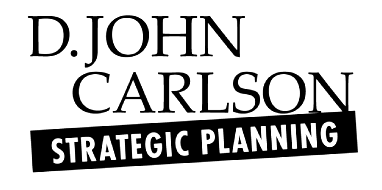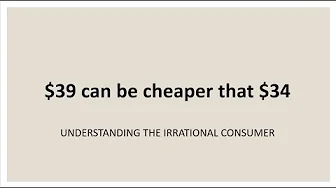There are a lot of conspiracy theories floating around these days. Perhaps there always has been. My favourite Australian Prime Minister Paul Keating once said - 'if it is a choice between a conspiracy and a stuff-up, I will pick a stuff -up every time.'The point was - while attractive conspiracies are unlikely. Stuff-ups on ...
FIVE INSIGHTS INTO WHAT CONSUMERS WANT.
Needs vary from customer to customer and from time to time. Most needs are specific. However, more general needs are common to most human beings, and that impact most purchase decisions. Following is a discussion of five theories addressing the drivers of purchase behaviour. These theories have their deficiencies, and none provide a comprehensive account of ...
FIRST-PRINCIPLES THINKING
Also called 'reasoning from first principles,' First Principles Thinking involves breaking down complicated problems into basic elements and then reassemble them from the ground up. It is a powerful technique for facilitating reverse engineering, unlocking creative potential, and moving from linear to non-linear results.Used by the philosopher Aristotle, First Principles Thinking is now an approach used ...
FIVE TIPS FOR LEVERAGING EMPATHY TO GET CLOSER TO THE CUSTOMER – PART 2
The last article in this series highlighted the importance of getting closer to the customer and the value of empathy-based marketing. This second article highlights five more tips for leveraging empathy-based marketing and its capacity to drive costs down while driving revenue up. Empathy-based marketing can be the key to establishing brand loyalty. Research suggests that the three most ...
PRINCIPLE OF FALSIFICATION
A theory or proposition has no merit if it cannot be tested and falsified. This principle was first suggested by scientist and philosopher Karl Popper as a way of distinguishing between science and non-science (what I would call non-sense). Popper suggested that a theory or proposition was not scientific and therefore had no merit if it ...


 Back
Back




